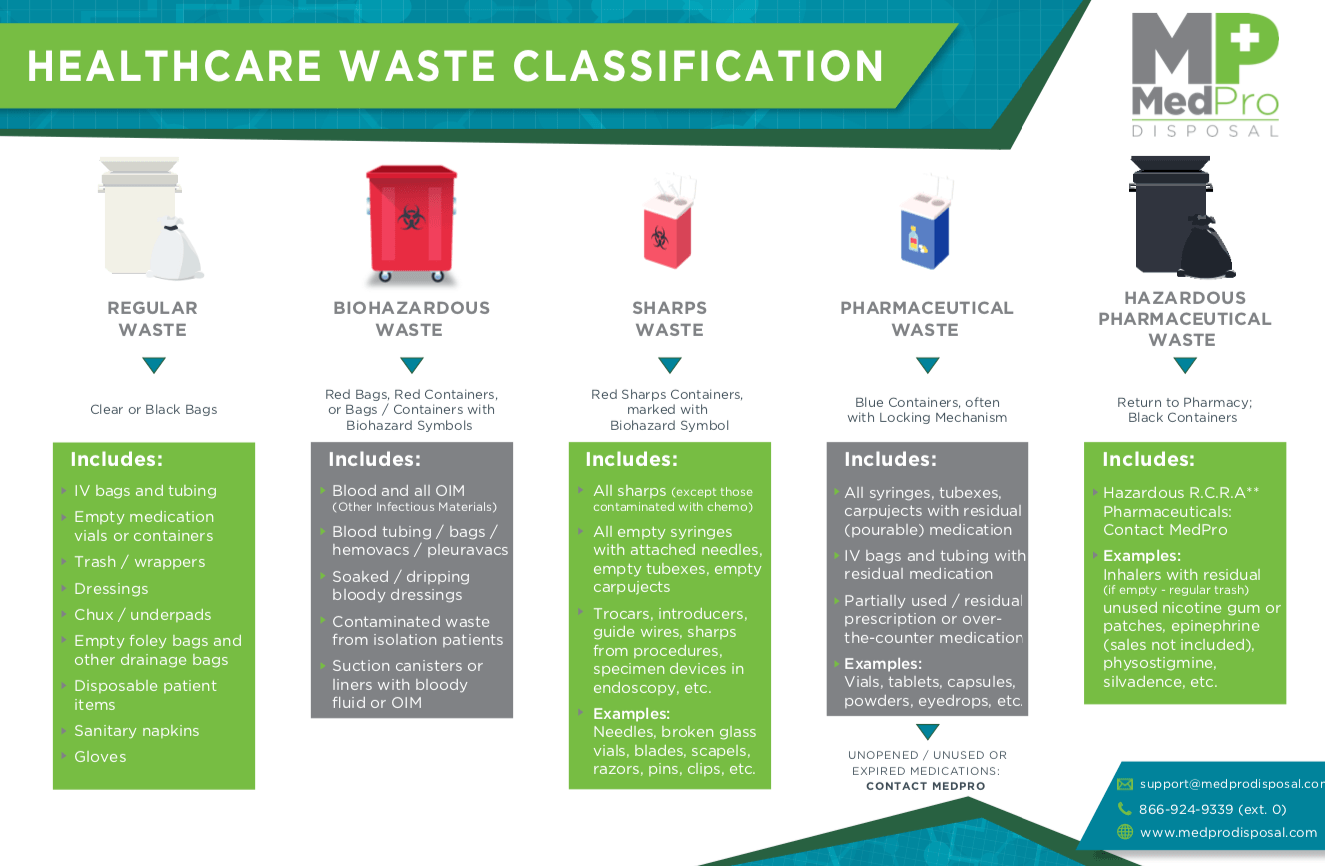Eco-Friendly Waste Disposal Solutions for a Lasting Future
Environmentally friendly waste disposal services are not plain options however imperatives for a lasting future. From waste segregation at the source to power recovery from waste, a myriad of approaches exist to address the challenges of waste disposal properly.

Waste Segregation at Source
When carrying out waste partition at resource, people can substantially add to more efficient recycling and waste administration systems. By separating different sorts of waste such as paper, plastic, glass, and organic materials right from the point of disposal, the process of recycling ends up being structured, reducing contamination and increasing the value of recyclable materials. This practice not just conserves resources however likewise reduces the quantity of waste destined for land fills or incineration.
Correct waste partition at the resource is essential for promoting a circular economy where materials are recycled, reused, or composted as opposed to being thrown out as garbage. It likewise helps in the efficient collection and processing of recyclables by waste management centers - medical waste removal service. Communities that adopt waste partition at the resource often experience cost savings in waste monitoring and see a reduction in environmental pollution
People play a critical function in the success of waste segregation campaigns by being conscious of exactly how they get rid of their waste - click here. Education and learning and understanding projects can even more encourage the fostering of these methods, causing a more lasting and green approach to garbage disposal
Composting and Organic Waste Management
An efficient method for taking care of organic waste and promoting sustainability is via composting. Composting is an all-natural procedure that disintegrates organic materials like food scraps, yard waste, and paper right into nutrient-rich dirt changes. This process not just draws away organic waste from garbage dumps but also generates a useful item that can improve dirt, enhance plant growth, and minimize the demand for chemical plant foods.

Carrying out composting programs at the household, neighborhood, and metropolitan degrees can considerably minimize the amount of organic waste that winds up in garbage dumps. Educational campaigns on composting best methods and the advantages of natural waste diversion can even more motivate prevalent fostering of this green waste management option. click here. Eventually, composting offers a lasting and sensible approach to handling natural waste while adding to a greener and even more sustainable future
Recycling and Upcycling Initiatives
One secret facet of advertising eco-friendly waste monitoring practices is with the application of reusing and upcycling campaigns. Reusing includes handling previously owned materials into new products to avoid waste of possibly beneficial sources. This procedure aids in lowering power intake, air pollution, and water pollution. Additionally, recycling aids in the preservation of raw materials and reduces the demand for standard garbage disposal methods like landfilling and incineration.
Upcycling, on the various other hand, is the innovative reuse of disposed of products or products to produce products of better or value than the original. By upcycling, much less waste is sent out to garbage dumps, and the demand for new basic materials lowers. This sustainable practice advertises innovation and urges people to see waste as a valuable source.
Both recycling and upcycling efforts play a vital function in promoting a round economic climate and decreasing the ecological effect of waste disposal. click here. By incorporating these techniques right into everyday life, people can add to a more lasting future for generations to find
Energy Healing From Waste

There are several technologies used for energy recovery from waste, consisting of incineration, gasification, and anaerobic food digestion. Anaerobic food digestion breaks down natural waste to produce biogas, which can be made use of for warmth or electrical energy manufacturing.

Community-Based Waste Reduction Programs
Harnessing neighborhood engagement and engagement is important in applying efficient waste decrease programs that match power recovery efforts in lasting waste monitoring methods. Community-based waste decrease programs involve collective initiatives between citizens, regional companies, and authorities to lessen waste generation and improve recycling prices. These programs frequently consist of academic projects to raise understanding concerning responsible waste disposal practices, the relevance of recycling, and the benefits of decreasing waste.
One usual approach is the establishment of neighborhood recycling centers where locals can leave recyclable products conveniently. These centers promote recycling by making it easily available and giving sources for proper waste sorting. Additionally, community clean-up events and community recycling drives assist instill a sense of environmental obligation and unity amongst citizens.
In addition, community-based waste reduction programs can include efforts such as composting workshops, recyclable product exchanges, and the promotion of sustainable methods in local companies Continue - medical waste removal near me. By entailing the area in waste decrease initiatives, these programs produce a sense of ownership and cumulative obligation in the direction of building a more sustainable future
Conclusion
In conclusion, implementing environmentally friendly waste disposal services such as waste segregation, composting, reusing, power healing, and community-based programs is important for a sustainable future. By adopting these practices, we can lower the ecological influence of waste generation and advertise a circular economy. It is important that organizations, people, and governments interact to prioritize lasting waste administration practices to shield our world for future generations.
From waste segregation at the source to energy recuperation from waste, a variety of techniques exist to address the obstacles of waste disposal sensibly. Educational efforts on composting best techniques and the benefits of natural waste diversion can further motivate widespread adoption of this eco-friendly waste administration solution.Effectively harnessing energy from waste products is a pivotal approach in sustainable waste monitoring practices.Taking advantage of area interaction and engagement is vital in applying efficient waste decrease programs that enhance energy healing campaigns in lasting waste management methods.In verdict, implementing environment-friendly waste disposal remedies such as waste segregation, composting, recycling, energy recuperation, and community-based programs is essential for a sustainable future.